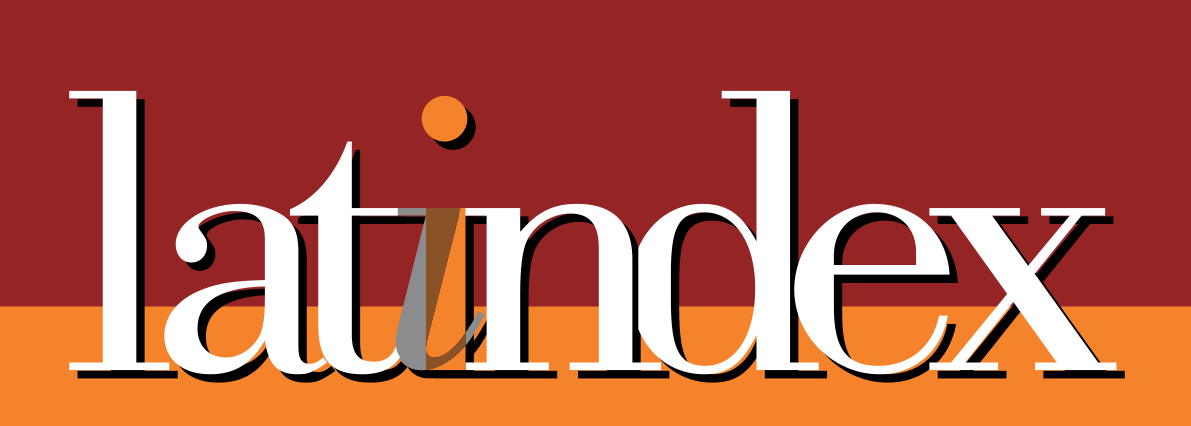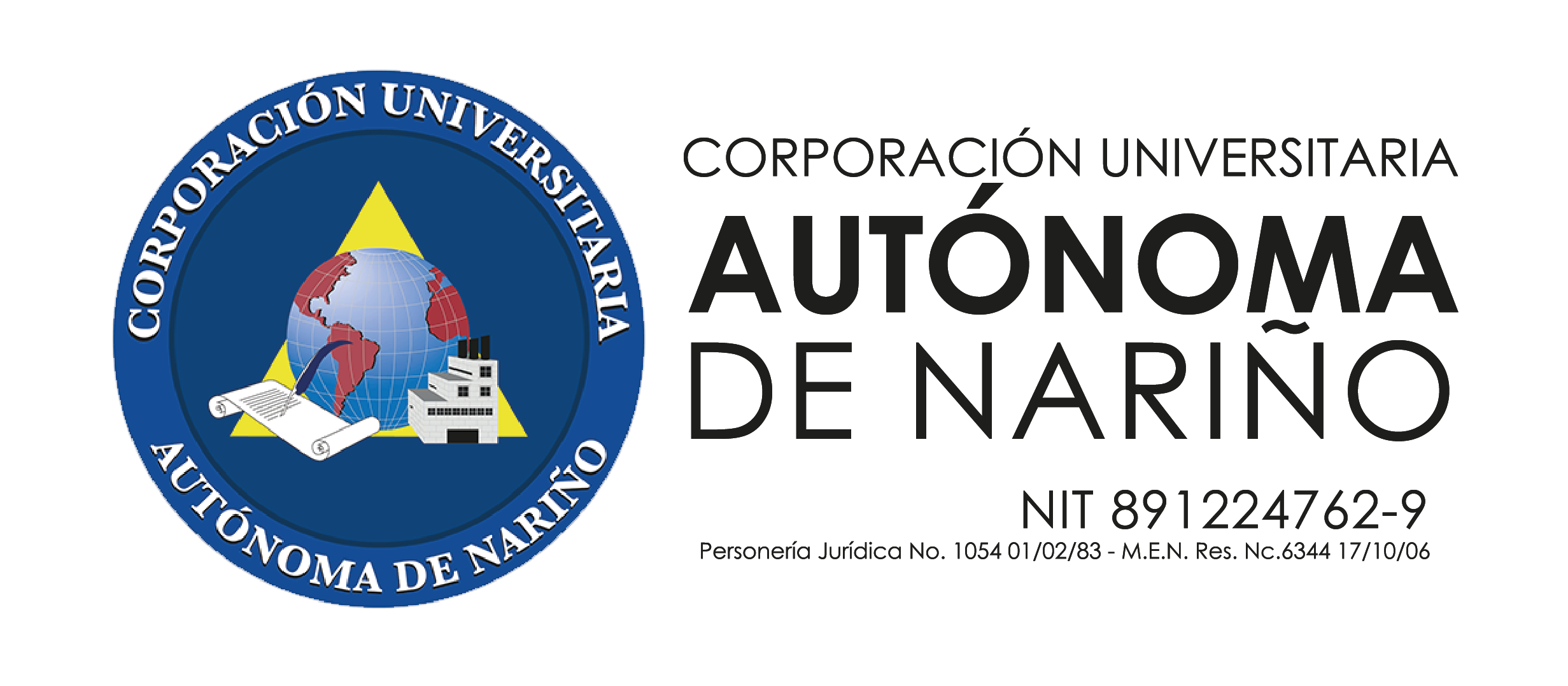Partido Socialista Unido de Venezuela (PSUV) and his control over power
DOI:
https://doi.org/10.47666/summa.3.1.07Keywords:
chavism, control of power, Partido Socialista Unido de Venezuela, totalitarianism, VenezuelaAbstract
The "Partido Socialista Unido de Venezuela" (PSUV) was created in 2007 in order to bring together the forces that revolve around chavism, it has become a wing of the ruling leadership with the intention of merging the party with the collective interests established by the State. In this way, the PSUV meets the objectives of a totalitarian project aimed at undermining all forms of citizen freedom. In this context, the objective of this work is to analyze the role of the PSUV in the hegemonic control of power in Venezuela. For this, the theory of totalitarianism is used, in authors such as Donofrio (2016), Segal (2013), Arendt (2004), and the PSUV Red Book and other constitutive acts of the party are also analyzed to understand its political purposes and ideological principles that establish its confrontation strategies. The analytical and synthetic methods are used for the interpretation of the texts studied. As a result of the advance of the PSUV, it is evident how it has become the only party with real possibilities of exercising power in Venezuela. It is concluded that the PSUV is not a party created to live in a democracy, its real objective is to achieve the consolidation of totalitarian socialism, it seeks to amalgamate multiple forces and leaders that currently control the government, and is in charge of distributing benefits and punishments to those who fail to comply with the party rules.
Downloads
References
Araujo, J. (2020). Violación de los derechos humanos en Venezuela: la otra cara de la pandemia. SUMMA. Revista disciplinaria en Ciencias económicas y sociales, 2(Especial), 87-115. DOI: https://doi.org/10.47666/summa.2.esp.08
Arendt, H. (2004). Los orígenes del totalitarismo. Ciudad de México: Taurus.
Aveledo, G. (2017). Los fundamentos ideológicos del sistema político chavista (25-51). En Urbaneja, D. Desarmando el modelo. Las transformaciones del sistema político venezolano desde 1999. Caracas: Universidad Católica Andrés Bello Montalbán.
Barros, C. (2017). Chávez cuenta ya con 20 mil hombres de su milicia popular. Recuperado de: http://www.ambito.com/505671-chavezcuenta-ya-con-20-mil-hombres-en-su-milicia-popular
Biardeau, J. (2009). Del árbol de las tres raíces al "Socialismo bolivariano del siglo XXI” ¿una nueva narrativa ideológica de emancipación? Revista venezolana de Economía y ciencias sociales. 15, (1), 57-113.
Ceresole, N. (1999). Caudillo, ejército, pueblo. La Venezuela del presidente Chávez. España: Ediciones Al-Andalus.
Chaguaceda, A. y Puerta, M. (2017). Decadencia autoritaria en Venezuela: proceso histórico y desarrollos recientes. Diálogo Político, 34(2), 152-167.
Chávez, H. (2007). Propuesta de reforma a la constitución de 1999. Recuperado de: https://www.nodo50.org/plataformabolivariana/Externos/AP-RefConst.pdf.
Congreso del PSUV (2014). III Congreso del Partido Socialista Unido de Venezuela. Caracas: Comisión Ideológica y Programática del PSUV.
Donofrio, A. y Fuentes, J. (2016). El concepto de totalitarismo en el debate político italiano: una historia particular (1923-1994). Revista de Estudios Políticos, 171, 13-40.
Frente Francisco de Miranda (2011). Que es el Frente Francisco de Miranda. Recuperado de: http://frentefranciscodemirandasocopo.blogspot.com/2011/12/que-es-el-frente-francisco-de-miranda.html.
Friedrich, C. y Brzezinski, Z. (1968). Totalitarian dictatorship & autocracy. New York: Frederick Praeger Publishers.
Gómez, L. y Arenas, N. (2013). El populismo chavista: autoritarismo electoral para amigos y enemigos. Cuadernos del CENDES, 30(82), 17-34.
Hayek, F. (2007). Nuevos estudios de filosofía, política, economía e historia de las ideas. Madrid: Unión Editorial.
Jácome, F. (2018). Los militares en la política y la economía de Venezuela. Revista Nueva Sociedad, 274, 119-128.
Lefort, C. (2004). La question de la démocratie», en Essais sur le politique. En Lefort, C. La incertidumbre democrática. Barcelona: Anthropos.
Lenin, V. (2012). El estado y la revolución. Madrid: Alianza editorial.
Levitsky, S. y Way, L. (2010). Competitive authoritarianism: hybrid regimes after the cold war. Cambridge: Cambridge University Press.
Linz, J. (2000). Institucionalidad totalitarian and authoritarian regimen. Colorado: Lynne Rienner Publishers.
Marx, K. y Engels, F. (1994). Manifiesto del Partido Comunista. Caracas: Panapo.
Moya, T. (2018). Grupos civiles armados en Venezuela: ¿Actores de un ‘aparato organizado de poder’?, Anuario iberoamericano de derecho internacional penal, 6, 110-144.
Partido Unido Socialista de Venezuela (2010). Documentos fundamentales. Libro Rojo. Caracas: Partido Socialista Unido de Venezuela (PSUV).
Pérez, D. (2011). La hermenéutica y los métodos de investigación en ciencias sociales. Estudios filosóficos, 44, 9-37.
Portelli, H. (2003). Gramsci y el bloque histórico. Ciudad de México: Editorial Siglo XXI.
Ramos, F. (2018). Los militares y el deterioro democrático en Venezuela. Estudios políticos, 53, 260-282.
Rodrigues, C. y Sánchez, J. (2018). La supervivencia del autoritarismo en Venezuela: legados institucionales y estrategias mixtas (2013-2017). Revista Andina de Estudios Políticos, 8(2), 48-71.
Schmitt, C. (2014). El concepto de lo político. Madrid: Alianza editorial.
Segal, A. (2013). Totalitarismo, dictadura y autoritarismo: definiciones y re-definiciones. Revista gobierno y gestión pública, 1(1), 1-37.
Valdés, J. (2017). El sistema de partidos en la Venezuela actual. ¿Ruptura o continuidad del modelo tradicional? Revista Universidad de La Habana, 284, 118-135.








